My double life: Growing up as a gay Asian boy in Thatcherite Britain
With Pride month under way, Asifa Lahore reflects on making it through school as a Gaysian, ‘coming out again’ as a transgender woman – and the challenges facing the LGBT community today
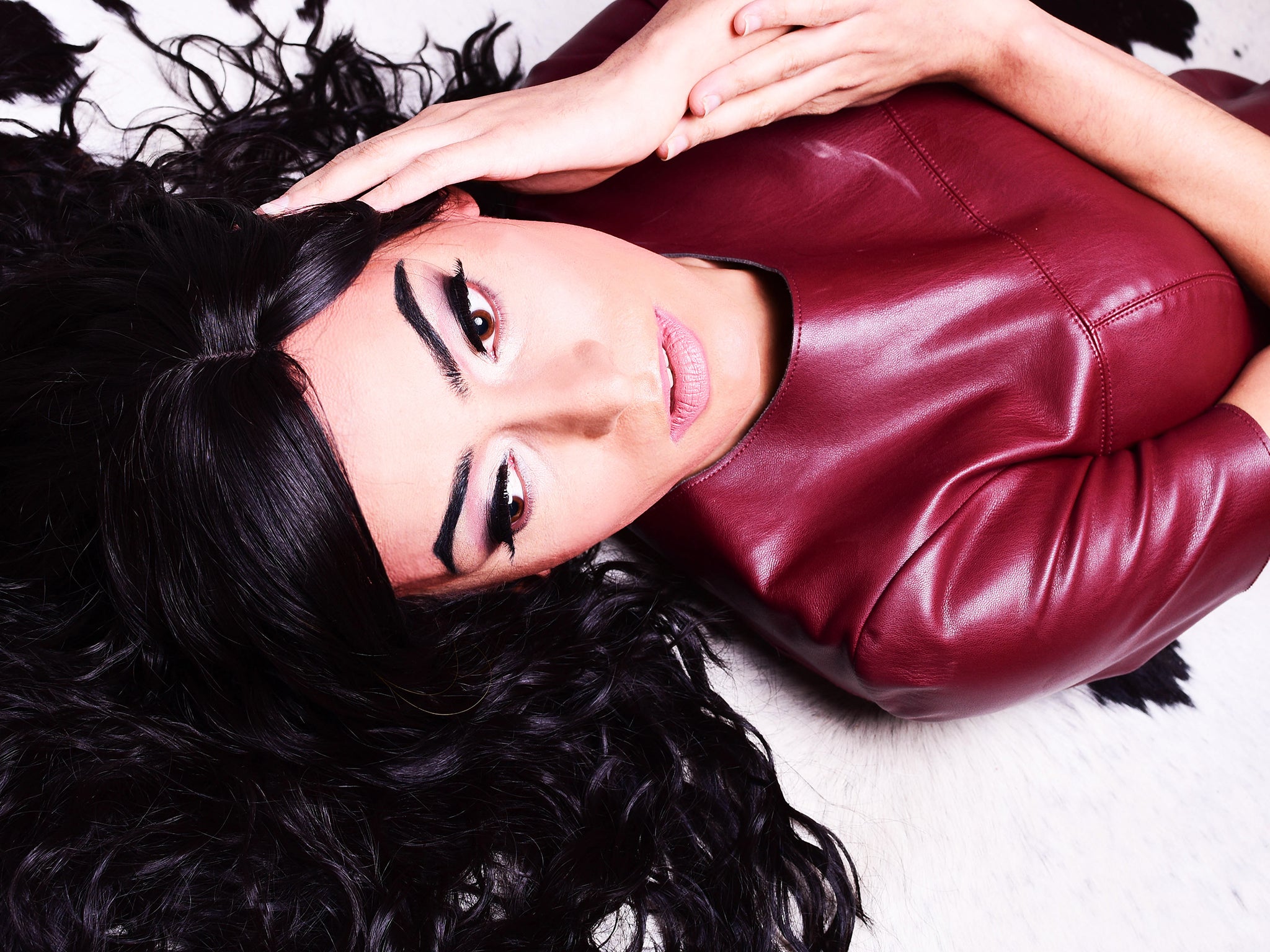
Your support helps us to tell the story
From reproductive rights to climate change to Big Tech, The Independent is on the ground when the story is developing. Whether it's investigating the financials of Elon Musk's pro-Trump PAC or producing our latest documentary, 'The A Word', which shines a light on the American women fighting for reproductive rights, we know how important it is to parse out the facts from the messaging.
At such a critical moment in US history, we need reporters on the ground. Your donation allows us to keep sending journalists to speak to both sides of the story.
The Independent is trusted by Americans across the entire political spectrum. And unlike many other quality news outlets, we choose not to lock Americans out of our reporting and analysis with paywalls. We believe quality journalism should be available to everyone, paid for by those who can afford it.
Your support makes all the difference.As the 50th anniversary of Stonewall approaches, I’m filled with gratitude; gratitude for Marsha P Johnson who threw the first brick that ignited the Gay Liberation Front into action; for the LGSM campaign that led to alliances between the LGBT community and labour groups, proving an important turning point in the progression of LGBT issues in the UK; for groups such as Outrage!, which refused to be ignored; and for individuals such as Peter Tatchell and Janet Mock, who keep striving for better, edging the community towards acceptance and full equality.
We have celebrated many landmarks in Britain in the past few years. From the 50th anniversary of partial decriminalisation of homosexuality to the fifth anniversary of same-sex marriage, we have much to be thankful for. The impact of these achievements, and the rate of change, from when I attended an all boys Cof E school at the height of Section 28, is monumental. At the same time, analysis by the University of Manchester in 2018, based on a National Survey of Sexual Attitudes and Lifestyles in 2010, concluded that British society may be reaching “peak acceptance” of LGBT lifestyle and people.
From a very early age I was expected to be a diligent, hard working, studious middle son but at school I was labelled the gay boy, subjected to taunts and homophobic vitriol purely because of appearing effeminate
However, I am reminded of a recent conversation with a gay friend, who suggested that equality is a lofty ideal that is far from reality when taken at a societal level. His rhetoric was far more colourful than I can attest but he believed as LGBT people we were still subjected to stereotyping because we live in a straight, heteronormative world that ignores and threatens our lifestyles.
To prove his point, he proceeded to engage in conversation with our fellow diners, who expressed enthusiasm of his camp character, a term often paraded around gay men who show any signs of effeminacy. Such a reductive remark seemed to resonate with the belief that perhaps there is more to achieve and that we are not yet equal.
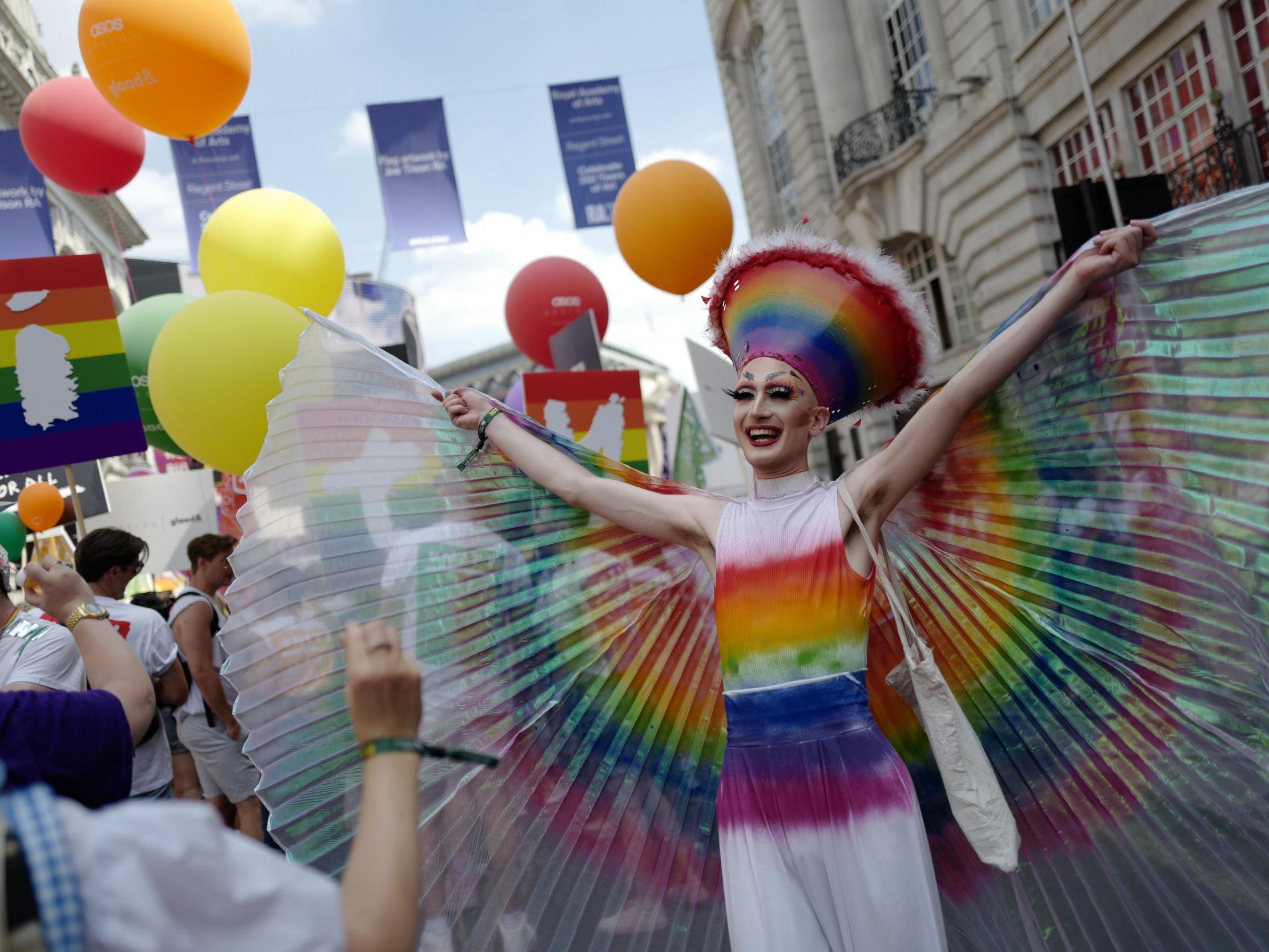
In my work as Britain’s First Out Muslim Drag Queen and trans activist, I have striven for visibility and wider acceptance for the Gaysian community, from within my own community and the wider society. Being of a British Pakistani heritage, I struggled to come to terms with my identity, within myself and my family, and this was made doubly difficult by our obsession with labels.
From a very early age I was confronted with notions and assumptions of what was expected of me: my family expected me to be a diligent, hard working, studious middle son. My school peers labelled me the gay boy, and I was subjected to taunts and homophobic vitriol purely because of appearing effeminate. I experienced verbal and physical abuse because of it.
The other boys saw me as an outcast, which had no grounding in truth. At this time, I had no sense of my own sexuality but in the course of being bullied I grew to associate with the gay label. If everyone assumed the young Asif was gay then it must be true. Apart from being sexually attracted to boys I had no deep understanding of my sexuality or what I would, many years later, come to decipher as a differing gender identity.
In these formative years I identified myself with the gay label because I was being oppressed by it, which fits western stereotypes of effeminacy in boys as being a gay trait. In Pakistan and the south Asian subcontinent, trans identities have long been widely acknowledged, a world away from my British upbringing. It was only in my early thirties that I became fully aware of my trans identity and this only occurred when I stopped defining myself by societal standards.
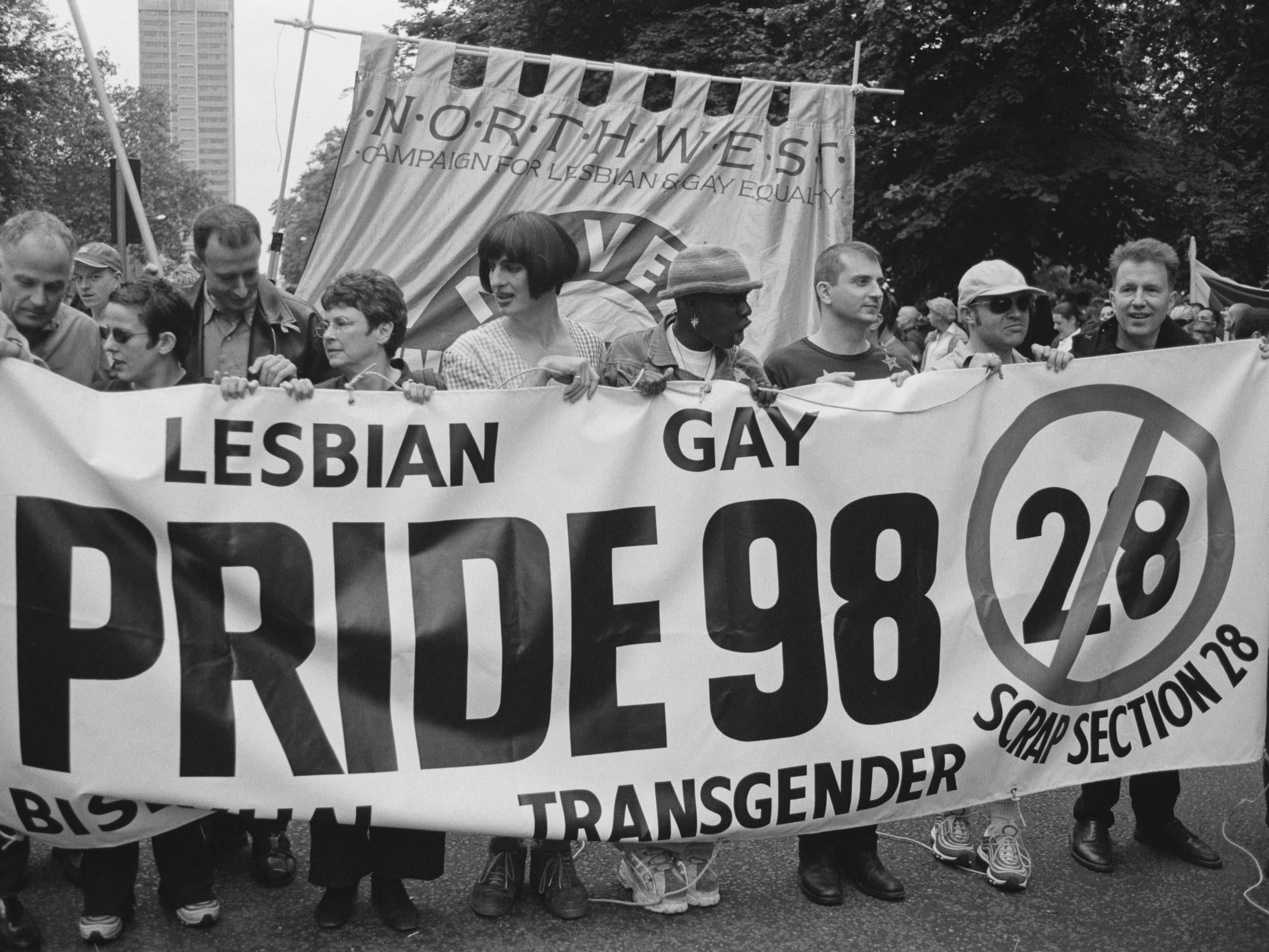
I’ve had the privilege to come out twice. First, as a gay man, when my mother discovered my stash of LGBT scene magazines: that issue of Boyz magazine altered the course of my life. For many years I led a double life: a public one, at school, where I was confronted with jibes about my sexuality, where I could only confide in a handful of friends who had also been labelled as gay, to my private family life, where I kept to myself. I could not tell my parents about the abuse I was getting at school for fear they would believe it and begin to also question my sexuality.
The veil of Section 28, a Thatcher law that forbade the promotion of homosexuality in schools and “the acceptability of homosexuality as a pretended family relationship” meant I lived in a state of fear, not only for being gay but more for being found out. At the height of the bullying I did not receive any visible support from teachers, who feared being reprimanded for going against the law.
My school, with a 95 per cent majority Afro-Caribbean student body, and my British Asian ethnicity, also played a big part in my experience. The analysis by the University of Manchester found that BAME people were more likely to hold negative views towards the LGBT community, particularly in the 1990s at the height of misinformation and fear about the HIV/Aids epidemic and governmental ineptitude.
My mother once confided in me that she feared for my future, living as gay in a straight world. I remember thinking that she was worrying without reason but after many years of lived experience as a gay man – I do acknowledge her sentiment
One of my parents’ main fears, which guided their decision to take me to the GP and the local imam, was that I had learnt to be gay because I was exposed to it, from school, from pop culture. Their interpretation of religion and south Asian cultural expectations made them question my foundations – the “gay” label took many years to be normalised and understood within my family unit.
At the root of their concern was my happiness and safety. My mother once confided in me that she feared for my future, living as gay man in a straight world. I remember thinking that she was worrying without reason but after many years of lived experience as a gay man – I do acknowledge her sentiment.
Annamarie Jagose argued that through the context of heterosexuality being the origin and foundation of society’s heteronormative stability, the concept of queerness focuses on “mismatches between sex, gender and desire”. These foundations permeate to all societal institutions and in nature alienate LGBT lifestyles as deviant.
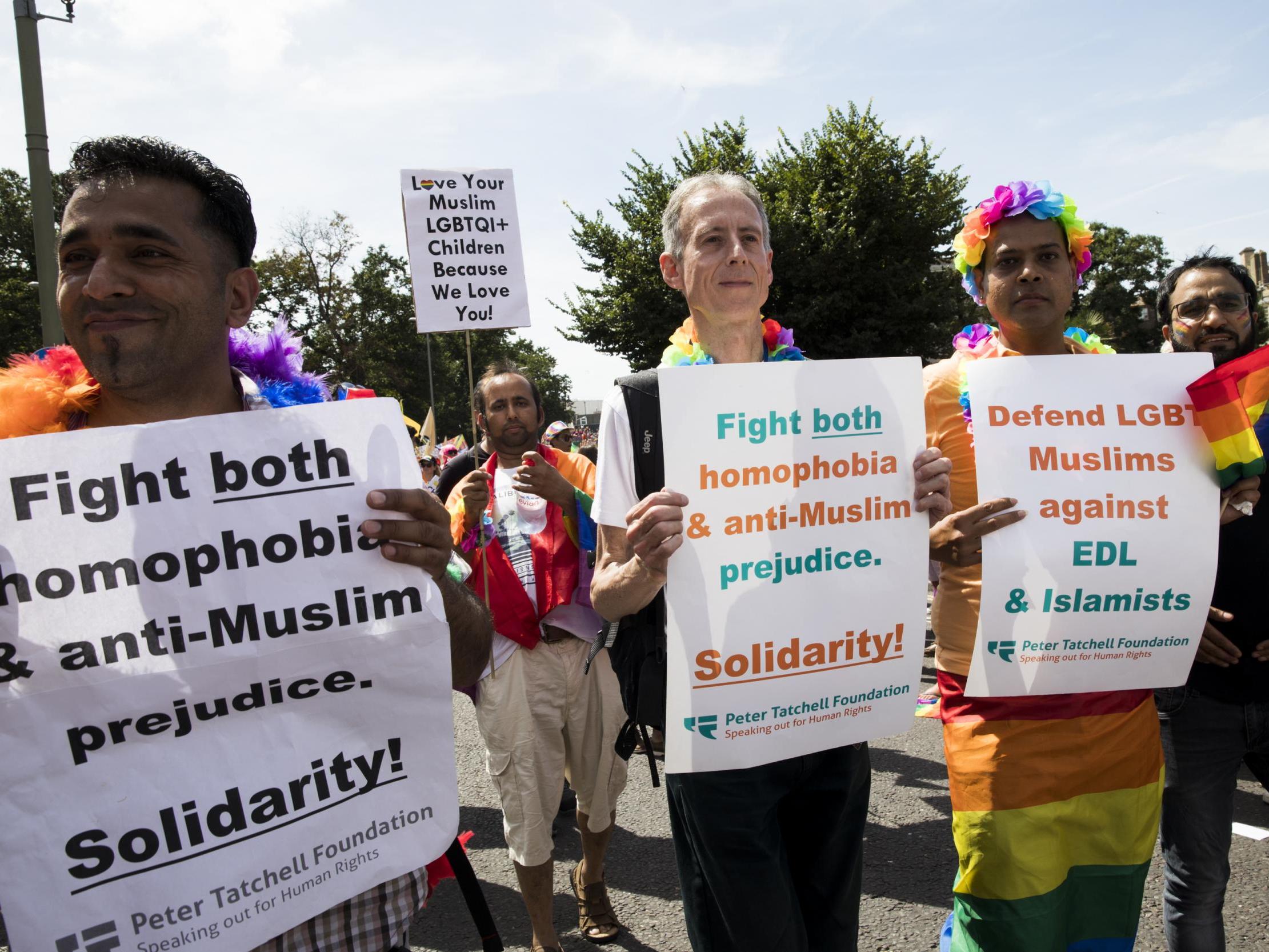
I recently rediscovered The Velvet Rage by Alan Downs, a book I had read in my twenties at the suggestion of my then civil partner who lauded it as ground-breaking. So much of it still resonates. Downs argued that growing up gay in a heterosexual world results in the internalisation of shame, a shame gay men may strive to obscure with material success, creativity, beauty or more severe forms of escapist gratification like substance abuse.
The chemsex phenomenon, when people take drugs that enhance sex and make them feel uninhibited, has become a prominent subculture within the LGBT community, which has led to the UK’s criminal and health bodies formulating policy. From personal experience I struggled with my LGBT identity and my role within a greater society.
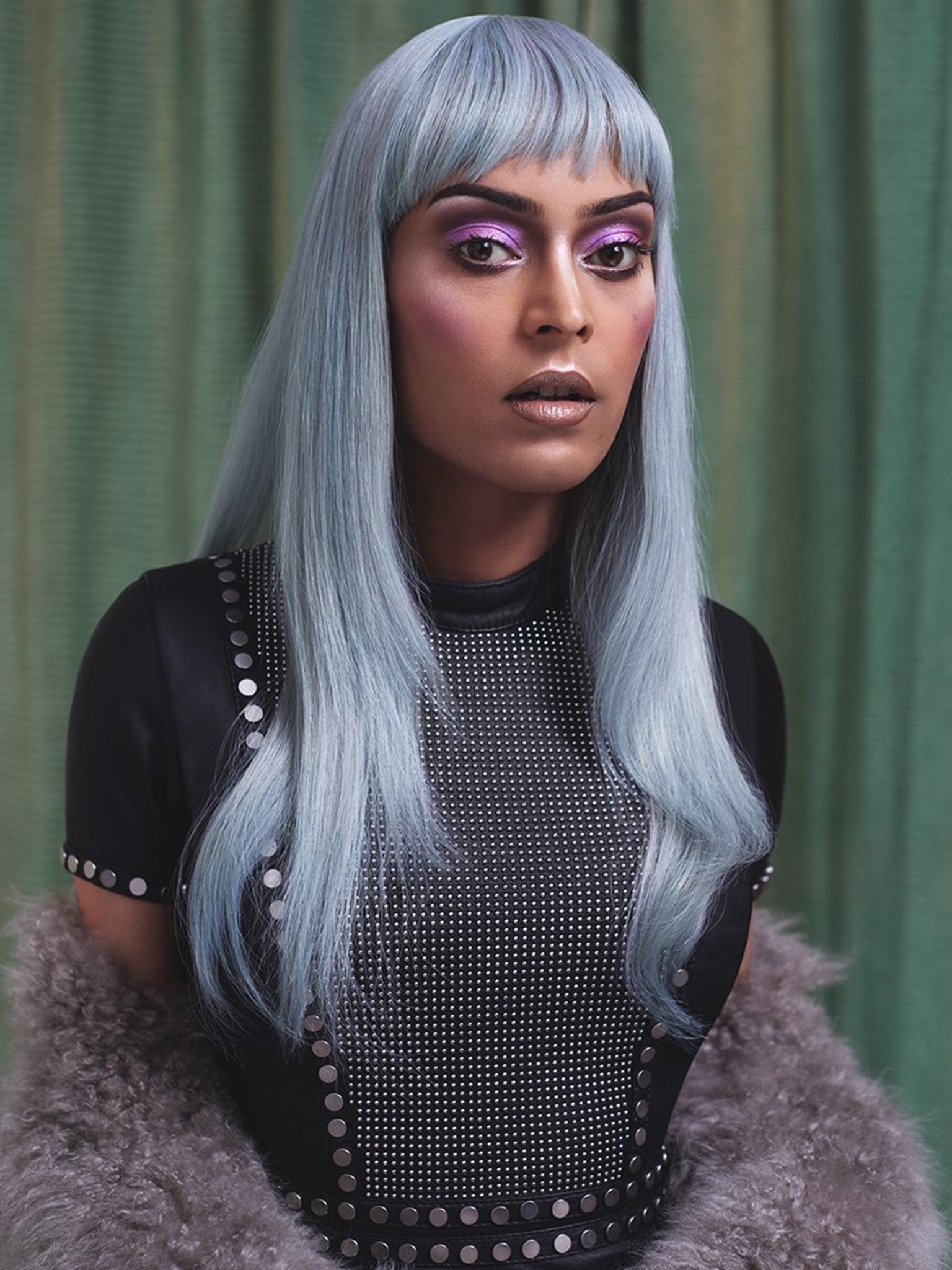
Being of south Asian heritage and effeminate prevented me from being taken seriously. Fresh out of the Brit school, these loaded labels were a burden and affected my emotional wellbeing. After years of suppressing my creativity and personal growth, in a career that satisfied my traditional parents, I created my drag alter ego Asifa Lahore – my decision to deviate from the rigid gender norm and toxic masculinity I had been subjected to, consciously and subconsciously.
Through Asifa Lahore, I was able to express myself creatively in a physical form that better fitted society’s understanding of what was expected of an effeminate gay man. Through Asifa Lahore the drag queen, I found an art form that allowed me to subvert societal norms. But in a perverted way I was giving in to my critics, who expected that of me as an effeminate gay man; that putting on a dress and wig would make more sense.
This realisation that we are suffocated with expectations and conventions ignited my activism and gave me my raison d’être.
The second time I came out, this time as a transgender woman, I felt freedom like I have never experienced before. Even as I became fully aware of my loss of male privilege and the benefits that come attached to that I felt emblazoned to live as open and authentically as I could
Performing at cabaret venues and events throughout Britain, I would be heartbroken by the lack of POC faces in the audience, not because they don’t exist but primarily because they don’t feel they belong in these primarily gay, white spaces. The LGBT scene has become more diverse but it is still very whitewashed and, arguably, has racist undertones. Many POC LGBT people complain of being turned away from prominent gay clubs for not looking or sounding “gay” enough.
I struggled with my intersectionality as a gay, British, Asian, Muslim. I couldn’t find a way to allow all these identities to co-exist. One of my first forays into the gay clubbing scene in the early Noughties resulted in a memorable conversation with a fellow clubber, a young white gay man who felt propelled to ask how I, as a gay, brown Muslim man, could be dancing to Kylie. It was this and many other confrontations like these that led me to delve into my identity.
Identity politics shaped my desire to seek gay Asian safe spaces such as the famed club Kali, one of the longest-running south Asian LGBT clubs.
Chutney queens is an affectionate umbrella term used to describe drag queens who adhere to a Bollywood inspired, culturally south Asian aesthetic. Surrounded by these gregarious clubbers I felt accounted for. I belonged. Such safe spaces exist out of necessity, the need to feel represented. I have opened my own club night, ‘Disco Rani’, which is a monthly Bollywood and Banghra club night that functions as a safe space for a wide cross-section of Gaysians.
Similarly, we have seen a growth in BAME Prides and events that commemorate our differences, supported by Stonewall but frowned upon by the old guard that question its necessity and the fragmentation of the LGBT community. The harsh reality is that more work needs to be done to increase visibility and representation of all the peoples that make up the LGBT community and until then these Prides are needed.
The second time I came out, this time as a transgender woman, I felt freedom like I have never experienced before. Even as I became fully aware of my loss of male privilege and the benefits that come attached to that I felt emblazoned to live as open and authentically as I could.
Coming out to my family this time around was arguably easier due to south Asian cultural acceptance of the “hijr” communities, people of a third gender that Pakistan recently emboldened with legal rights and the decriminalisation of homosexuality and the repeal of British colonial-era law, Section 377 in India.
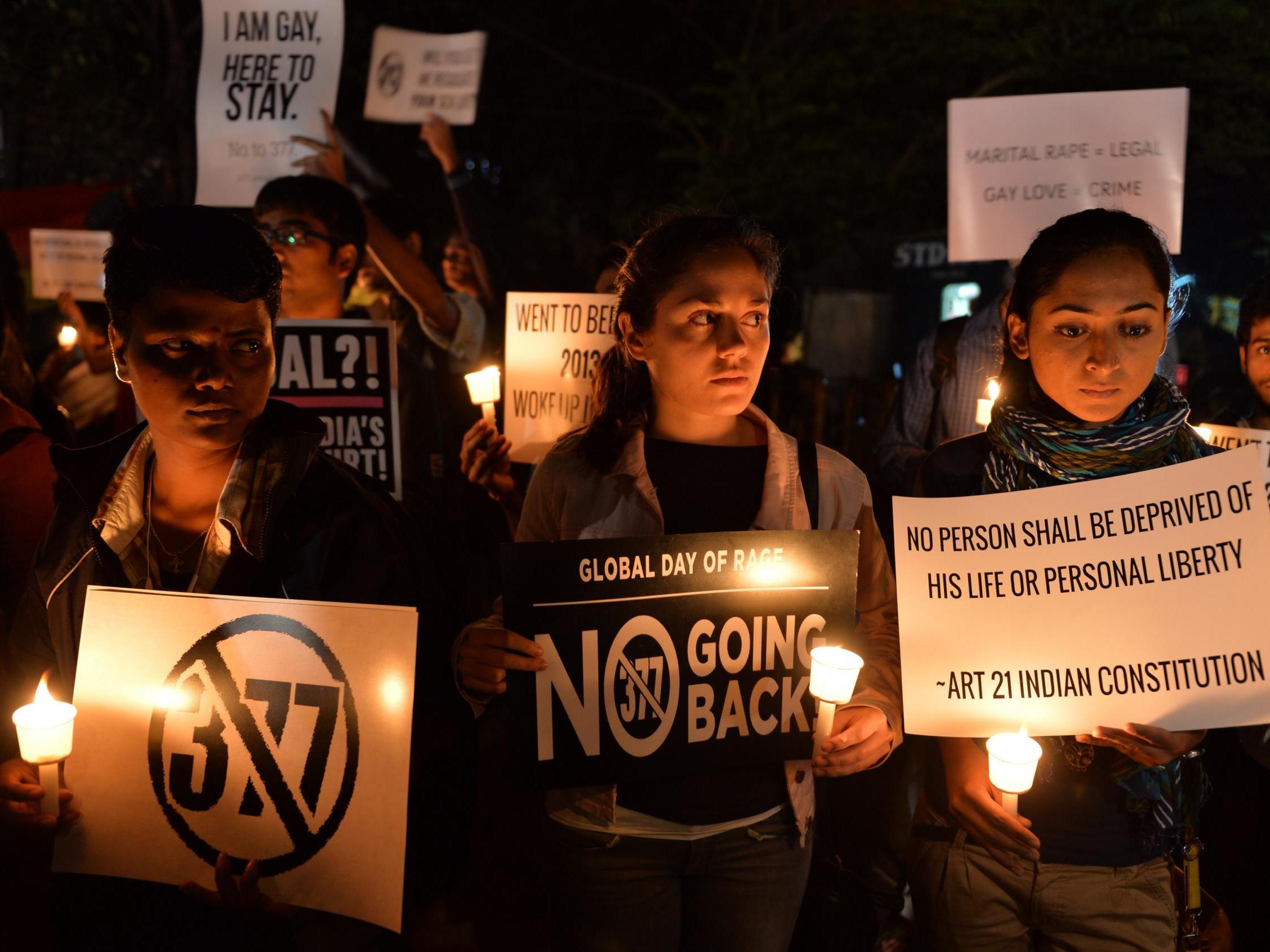
As annual Pride celebrations begin in earnest I reflect on the importance of such events. Prides are an essential part of our celebration as LGBTQ+ people and now more than ever we must continue to show up and not forget our history. Rights that are long fought for can as quickly be taken away.
Visibility must continue, especially in the current climate of the Parkfield school protests and the debate of LGBT education. Such a debate highlights the fact that – for all the legal rights and privileges the LGBT community has acquired – more needs to be done. Same sex relationships deserve acknowledgement on equal footing to heteronormative relationships. Visibility is one way to ensure our presence. As Marsha P Johnson did and as Peter Tatchell and Janet Mock continue to do, so we must stand up and make ourselves heard.
Pride in 2019: Join The Independent for a panel discussion and Q&A, with speakers including Asifa Lahore, Britain’s First Out Muslim Drag Queen and trans activist, and human rights campaigner, Peter Tatchell
Join our commenting forum
Join thought-provoking conversations, follow other Independent readers and see their replies
Comments